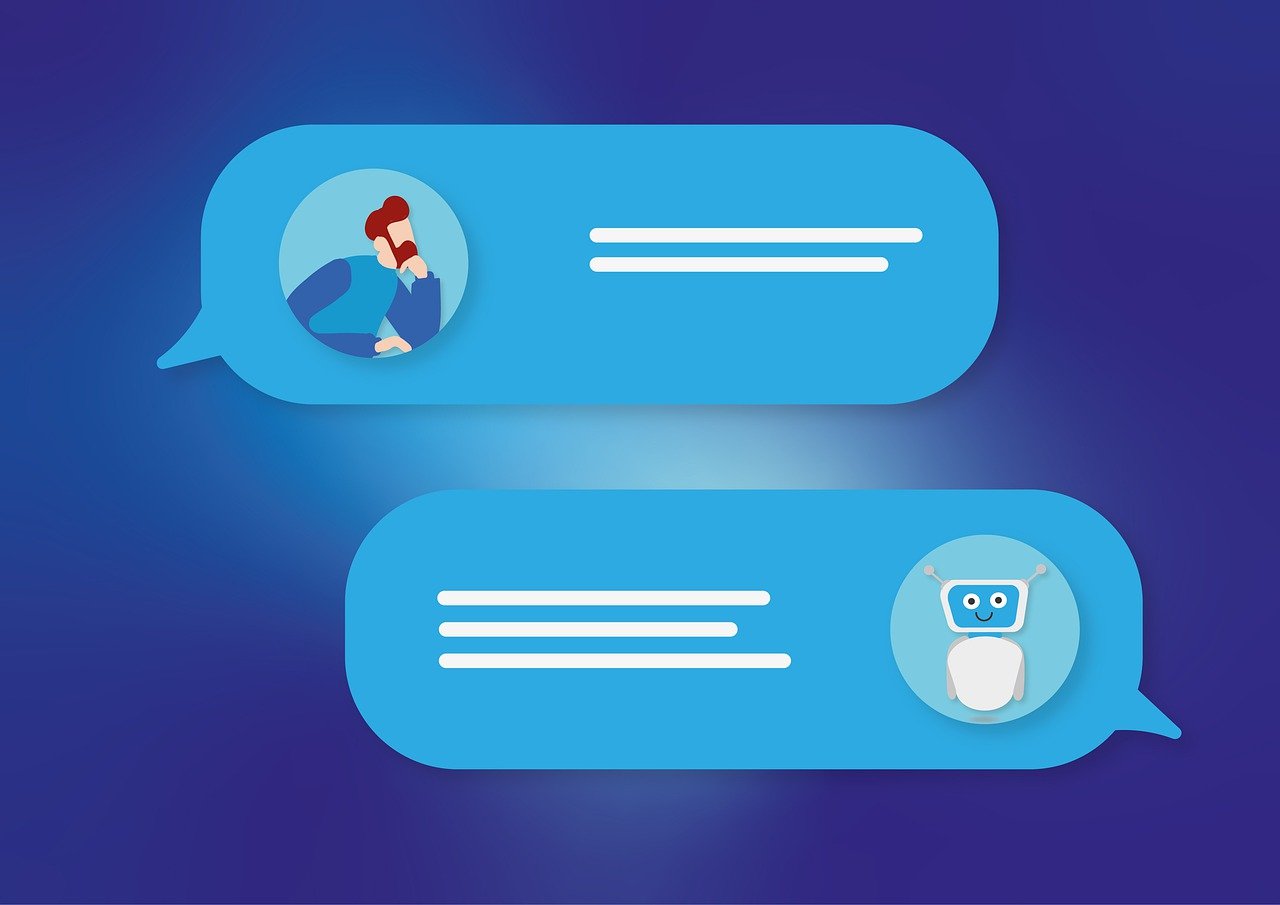Chatbots: New digital friends or concealed threats?

Chatbots are becoming commonplace in our daily lives, helping with anything from banking to entertainment. Thanks to developments in language models like ChatGPT, their capacity to have human-like conversations has greatly increased. But given how quickly things are changing, there are serious concerns about their dependability, responsibility, and possible hazards.
The Delusion of Understanding
Although chatbots are capable of comprehending and responding logically, they frequently lack actual understanding. This might result in the creation of false or incomprehensible information, as evidenced by situations such as sports writer Karien Jonckheere’s ChatGPT encounter. Complex queries might reveal their shortcomings, even though they are excellent at handling everyday jobs.
Security and Privacy Issues
Security and privacy are becoming more and more important as chatbots grow more ingrained in our daily lives. They gather and handle personal information, which gives rise to worries about possible abuse. Businesses must put strong privacy safeguards in place and safeguard sensitive data. Furthermore, it is imperative to strengthen chatbots against security risks such as quick injection attacks.
Human-Machine Collaboration
Collaborative approaches that leverage both human and chatbot strengths are the way of the future. Even if chatbots are efficient and scalable, human discretion and empathy are still essential. Chatbots can be used by businesses to handle repetitive jobs, and customers can value the ease of instant help. For complicated or delicate problems, there should be a smooth transition to human support.
In summary
Although they are effective tools, chatbots are not perfect. By being aware of their limitations and putting precautions in place, we may maximize their potential while reducing hazards. Establishing trust in this rapidly changing technology requires a well-balanced strategy that prioritizes responsibility, openness, and human oversight.







